Listen
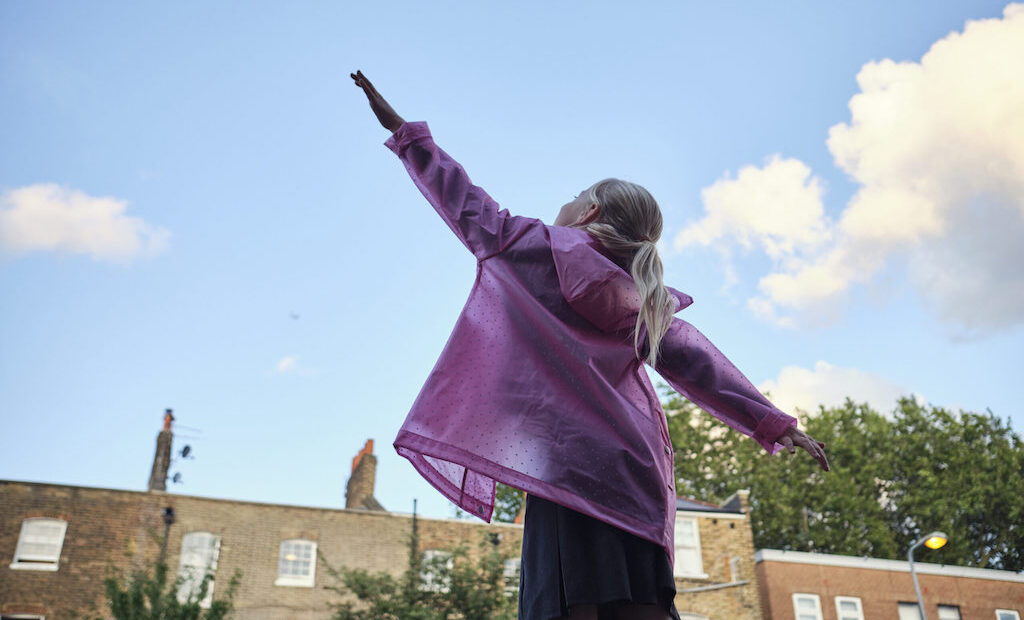
Listen follows the story of how a broken hearing aid and several layers of misunderstanding catalyse a series of events that challenge a Portuguese family, who have immigrated to England. The feature is full of sensory detail, with little to no music – instead, it focuses on sounds of everyday life, allowing for more intimacy between the characters and the viewer. This is also echoed the title: to strip everything back and actually Listen to what the film is truly trying to say. Of course, there are several messages being conveyed here, for example, questions surrounding the shortcomings of systems put in place to help and protect children – and the lack of facilities to cater to different types of children with disabilities and those that speak different languages. Also explored is the idea of parents who don’t understand nor abide by the social and judicial systems of a different country.
Director Ana Rocha de Sousa told Venice Film Festival: “The shapes and shades of different sides of a story… Listen is to me a painful journey in how we see, what we judge or believe – and what is actually real.” She articulates this message in several different manners, firstly using cinematography, with symmetry through centred perspective in tracking shots, camera angles that depict two sides perfectly across one another in conversation, and room divides. These techniques enhance the broken family dynamic. Furthermore, a lot of shots present a limited perspective – through the frame of a door to a different room, reflections of the room through the mirror – which create a suffocating feel amid the already very small and enclosed spaces, in turn narrowing the view of the audience.
The writing incorporates subtle hints that mess with the audience’s perception of the truth: little things like blood on the dad’s knuckles that might corroborate abusive tendencies. The low-contrast neutral filter and low lighting also help depict the poor living conditions of the children. The swapping between Portuguese, English and sign language, alongside the social services’ inability to understand these conversations, once again echoes that same limited viewpoint. The picture relays that no matter where the audience looks for the truth – whether that be from the family or the social services, in the visuals, the audio or dialogue – the reality of who is right and who is wrong will always allude them.
Mae Trumata
Listen is released in select cinemas on 10th June 2022.
Watch the trailer for Listen here:


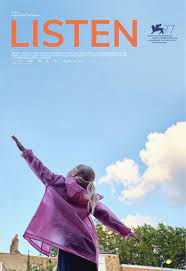
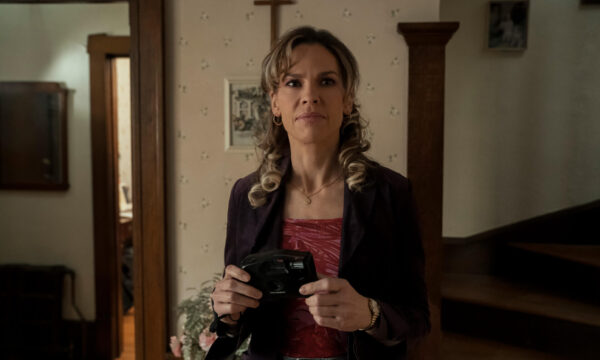

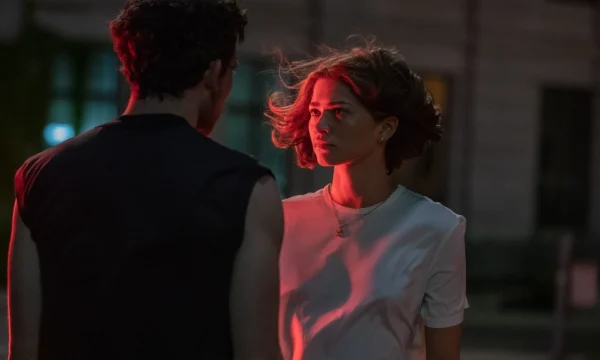

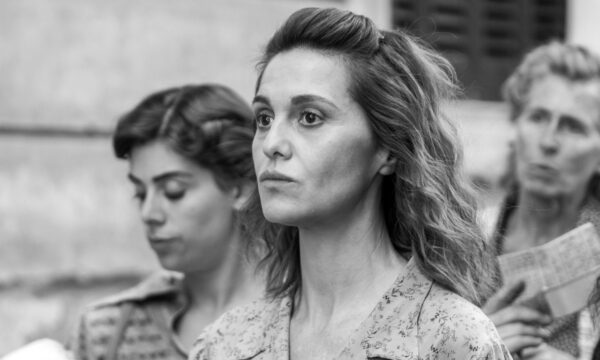
















Facebook
Twitter
Instagram
YouTube
RSS